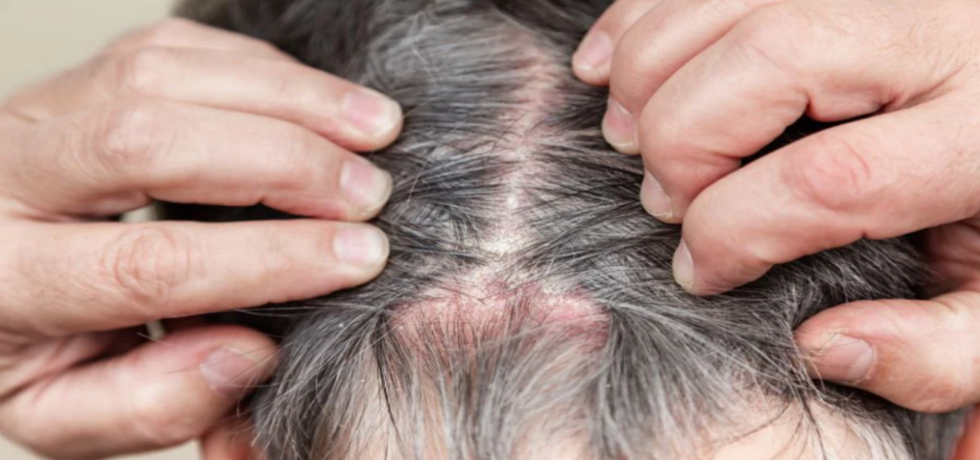
Understanding Scalp Folliculitis: Causes, Types, and Treatments
Introduction to Scalp Folliculitis
Types of Scalp Folliculitis
There are several specific types of scalp folliculitis to be aware of:
– **Bacterial Folliculitis:** Characterized by itchy rashes and pus-filled bumps due to infection from bacteria like Staphylococcus. Most cases resolve naturally but may require medical treatment.
– **Hot Tub Rash:** Also known as pseudomonas folliculitis, this occurs due to exposure to contaminated water in hot tubs and pools, leading to round, itchy bumps.
– **Razor Bumps:** This condition arises from ingrown hairs, typically affecting individuals with curly hair, commonly seen on the neck and face.
– **Pityrosporum Folliculitis:** Caused by yeast infections, it presents as itchy, pus-filled bumps on the back and chest.
– **Gram-Negative Folliculitis:** Often developing in patients on long-term antibiotic therapy, resulting in small, pus-filled bumps around the mouth and nose.
– **Eosinophilic Folliculitis:** This affects individuals with HIV and is characterized by severe itching and clusters of pimples.
– **Furuncles and Carbuncles:** These painful boils manifest from strong infections of the hair follicles, often caused by Staphylococcus bacteria.
– **Sycosis Barbae:** A chronic infection around hair follicles often seen in regular shavers.
Causes of Scalp Folliculitis
Treatment Options for Scalp Folliculitis
At The Skin Artistry, we specialize in advanced solutions such as Platelet-Rich Plasma (PRP) hair regrowth treatments and growth factor (GF) therapies. These innovative treatments enhance blood circulation to hair follicles, promoting natural hair growth and scalp health without invasive procedures.
The Takeaway
FAQs on Scalp Folliculitis
Most types of scalp folliculitis are non-contagious; however, infections caused by specific pathogens may spread through skin contact or shared items.
2. Can scalp folliculitis result in hair loss?
Mild cases may resolve without scarring or hair loss, but untreated conditions can affect hair follicles, potentially leading to hair loss over time.
3. What are general care recommendations for folliculitis treatment?
Keeping the scalp clean, using mild shampoo, and avoiding harsh hair treatments can help manage and reduce flare-ups. Consulting with a dermatologist is advised for specific cases.
For professional assistance and expert advice from leading dermatologists like Dr. Hital Patel, experience the benefits of Understanding Scalp Folliculitis: Causes, Types, and Treatments with Hair & Skin Specialist Dr. Hital Patel at The Skin Artistry. Our clinics in PDPU Gandhinagar, Vastrapur Ahmedabad, and Hyderabad (Visiting Consultant) offer top-quality care and personalized treatments. Visit us today to learn more about our services and take advantage of our special offers! For more insights, updates, or to collaborate, stay connected with The Skin Artistry.

